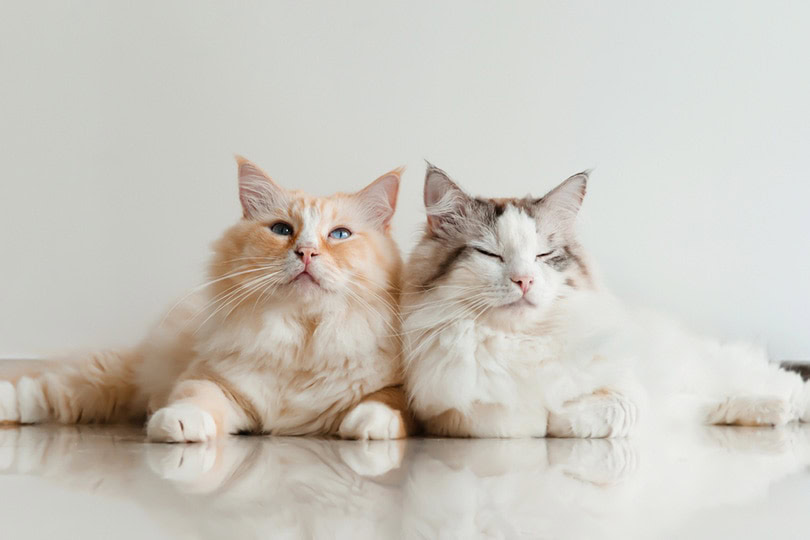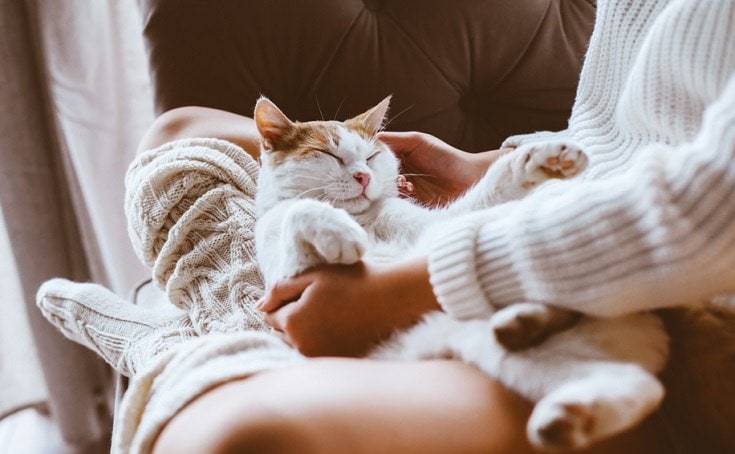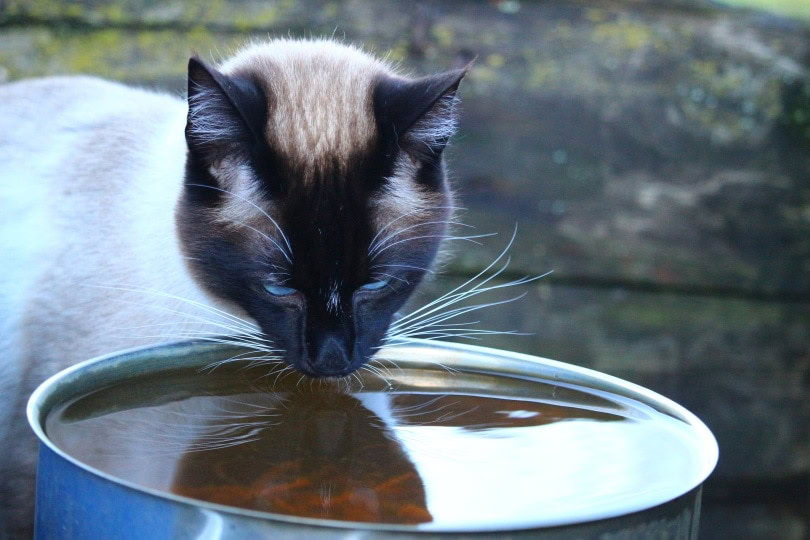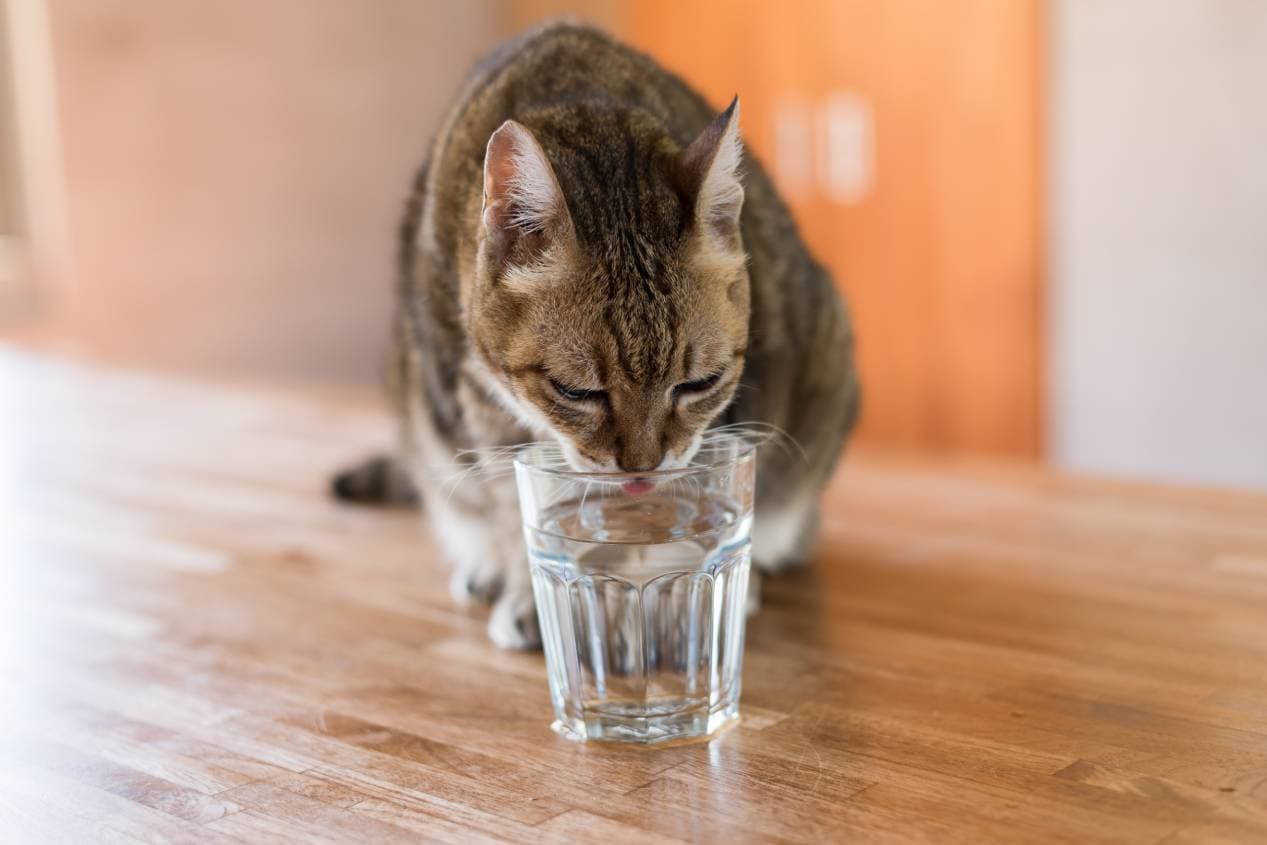Click to Skip Ahead
Female cats often get a bad rap for being moody, aloof, and standoffish to all humans, including their owners. This causes many cat owners to prefer male cats over females. Is this assumption that male cats are more affectionate than female cats true?
Unfortunately, it’s incredibly difficult to answer this question because so many factors impact how affectionate a cat is. More important than gender when determining a cat’s level of affection towards humans is their breed, personality, socialization, and whether they’ve been neutered or not. Generally speaking, male cats tend to be more affectionate than female cats.
If you are interested in learning about the differences between male and female cats, read on. This article explains which of the two genders is more affectionate and what factors to look out for to ensure that you get a loving and affectionate cat.
Is a Male Cat More Affectionate Than a Female Cat?
Several studies and personal anecdotes support the claim that male cats are generally more affectionate than female cats1. This is especially true whenever the cats are not spayed and neutered, nor socialized properly. Whenever male and female cats are socialized equally and both spayed and neutered, their affectionate levels become nearly identical.
To ensure that your cat is affectionate, regardless of sex, early socialization is a must.
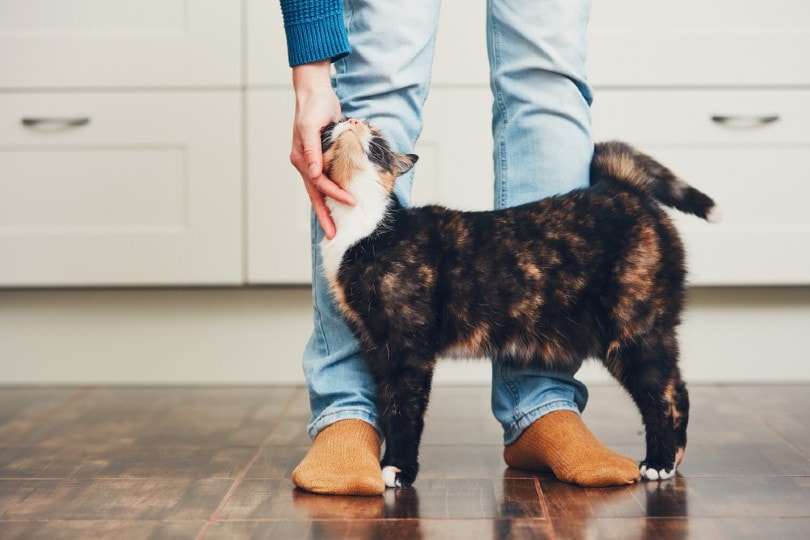
Why Are Male Cats More Affectionate Than Females?
So, male cats are more affectionate by nature. Why is this?
Although we can’t give an exact answer, many people speculate that the female cat’s world revolves around kitten-bearing. In fact, female cats can go into heat several times throughout the year. While in heat, female cats only care about one thing and are not likely to become affectionate.
In contrast, male cats never have this issue. They don’t go into heat like females, and their entire existence does not revolve around kitten rearing. Since the male is not as focused on reproduction, males tend to be cuddlier and more affectionate to their owners.
This fact also explains why female cats get more affectionate whenever they’re fixed. Whenever the female is spayed, they don’t go into heat as before and can spend more time being affectionate to their owners.

The 3 Factors That Impact How Affectionate a Cat Is
Although males are more affectionate than females outright, many female cats are highly affectionate. Other factors aside from sex are better predictors of how affectionate your cat will be. For example, breed, individual personality, and adequate socialization are the biggest determiners of how affectionate your cat will be.
Let’s look at each one of these factors in more detail.
1. Individual Personality
Just like humans, cats have all kinds of personalities. Even though it may be easy to chalk up the cat’s personality to its sex, all personalities are unique to the cat. Some cats will be outright more affectionate than others, just as some humans are outright more affectionate than others.
Personality can be hard to change. If you get a cat that simply is not affectionate, it will be hard to train it to be anything other than what it is.
2. Socialization
Early socialization during a kitten’s sensitive period, typically between 2 and 7 weeks of age, plays a crucial role in shaping their level of affection. This is the time when kittens are most receptive to new experiences, including interactions with humans, other animals, and different environments. Introducing your kitten to gentle handling, cuddling, and positive human interactions during this stage significantly increases the likelihood of them growing into an affectionate adult cat. If you aim for a particularly loving feline companion, prioritizing early and consistent socialization is essential, as kittens are naturally more open to forming bonds during this developmental window.
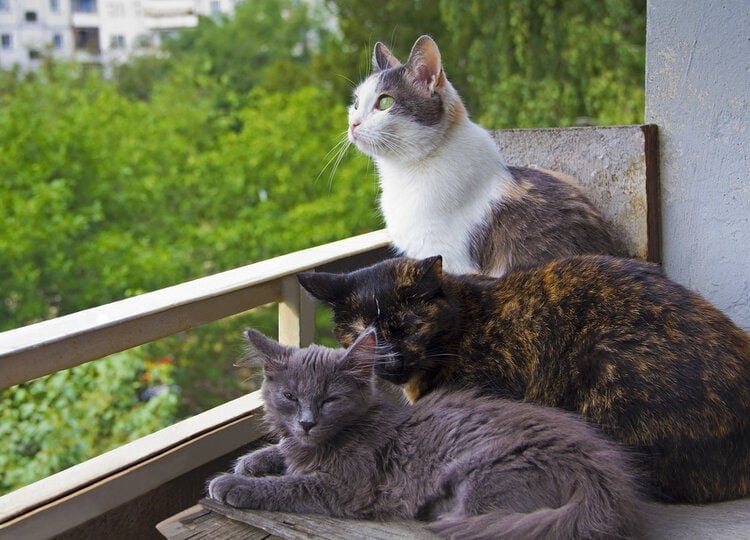
3. Spaying/Neutering Matters
Adult cats are less affectionate than kittens simply because of their hormonal influence. Fixing a cat, regardless of their gender, makes them more likely to be affectionate. Both male and female cats that are fixed are more affectionate than male and female cats that are not.
This is especially true of female cats. Female cats that are fixed are much more affectionate than those that are not. When female cats are spayed, they are often just as affectionate as male cats.
Should I Get a Male or Female Cat?
If you plan to fix your cat, regardless of sex, either a male or female cat will get along great with great training and socialization. Especially if you get the cat when they are a kitten, fixed kittens grow to have good behavior and affection levels.
Neutering has many advantages for your cat, however, there might be occasions when someone decides not to neuter their cat. Let’s take a look at the advantages and disadvantages of both male and female cats when unfixed.
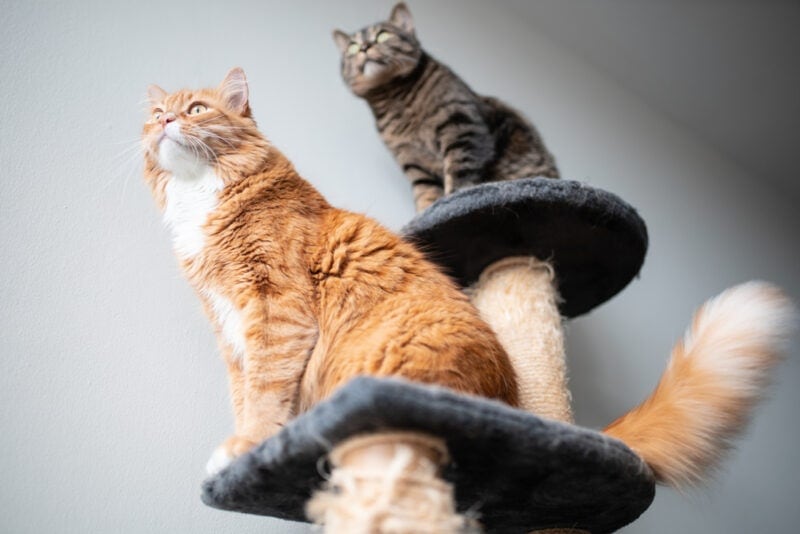
Male
Unfixed males are best for people who want a playful and affectionate cat. Although males will get much larger than females, many people prefer male cat’s personalities over females.
- More social
- More affectionate
- More playful
- May spray
Female
Female cats are better for people who don’t want to worry about the cat spraying everywhere. Females will be more standoffish than males, but they are less likely to spray around the house. The more standoffish nature of unfixed females also means that they are less needy and can be alone for longer periods of time, which is beneficial for some owners.
- Less likely to spray
- Less needy
- Can be alone for longer periods of time
- Not at affectionate
- Often standoffish to newcomers

Final Thoughts
Ultimately, a cat’s level of affection comes down to their individual personality, socialization, and neutering status. If you socialize your cat at a young age and get them fixed, regardless of gender, it is likely to be pretty affectionate and friendly towards people.
That being said, unfixed males tend to be more affectionate than unfixed females. This is largely due to the long heat period that females experience when unfixed. Still, unfixed males aren’t outright better than females since they are more likely to spray to mark their territory.
We recommend getting your cat socializing early in life. When you do this, the cat is likely to be affectionate and respond to training positively, regardless of their sex.
Next on your reading list:
- Are All Orange Cats Male?
- Can Cats Be Gay, Lesbian, Or Bisexual?
- Can a Male Cat Purr? Vet-Approved Facts & FAQs (With Infographic)
Featured Image Credit: xixicatphotos, Shutterstock
